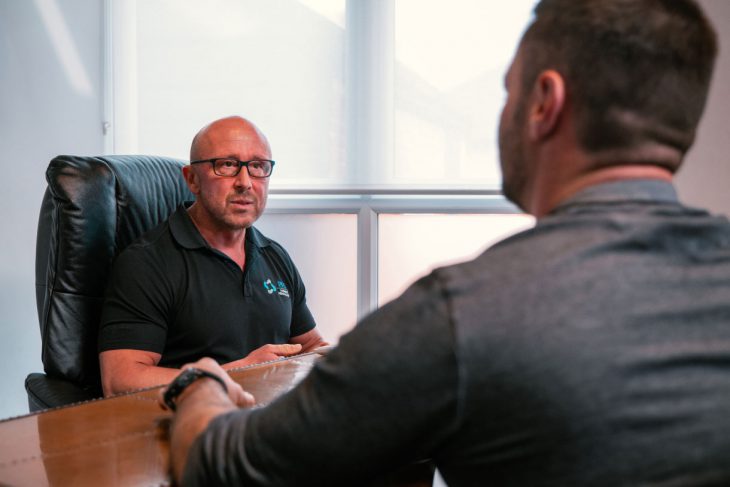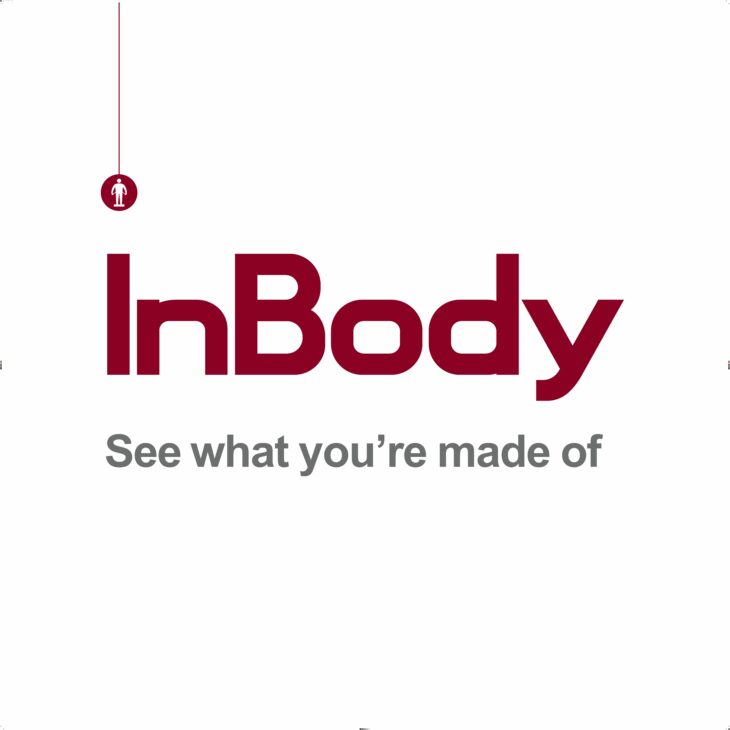Your TRT options
We will support you in finding the best TRT protocol to meet your individual needs

Treatment options at The Men’s Health Clinic
Testosterone Replacement Therapy (TRT) is a medically supervised treatment designed to manage Testosterone Deficiency. The premise behind TRT is to restore your testosterone levels to that of a healthy person. TRT should be personalised to meet the needs of the individual, which means offering the best available options.
Our gold standard TRT is daily subcutaneous Testosterone Cypionate and Human Chorionic Gonadotropin (hCG) injections, we believe this is the most effective method of not only achieving healthy stable male androgen levels, but also mimicking the diurnal variation in testosterone levels that occurs naturally. Our prescribing rationale is explained in Microdosing TRT – The Future of Testosterone Replacement Therapy.
We believe that TRT should be viewed as Hormone Replacement Therapy (HRT), which is why we recommend the use of Human Chorionic Gonadotropin (hCG) alongside testosterone; however, this is personal choice. Traditional testosterone monotherapy suppresses the release of Lutenising Hormone (LH) and Follicle Stimulating Hormone (FSH) from the pituitary gland. This can result in infertility, testicular atrophy, and dysregulation of the neuroendocrine system resulting in a lower libido, something discussed in more detail in The Benefits of Using HCG with TRT.
Whilst microdosing daily subcutaneous Testosterone Cypionate and HCG may be the option that most men choose, it is important to offer an element of choice. Your personalised TRT protocol should not only be effective from a pharmacological perspective, but it should also allow for compliance, both practical and financial. This is why it is always important to offer different treatment options, as it serves in the best interests of you, the patient.
For a detailed breakdown of medication costs for each option detailed below, see How Much Does TRT Cost?




